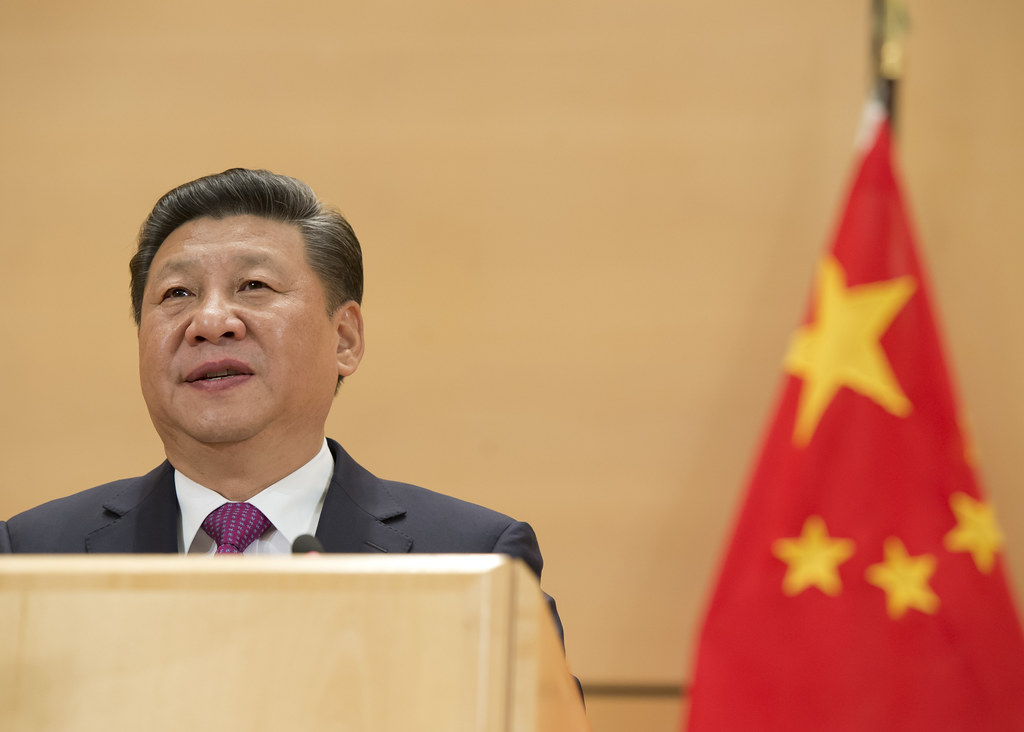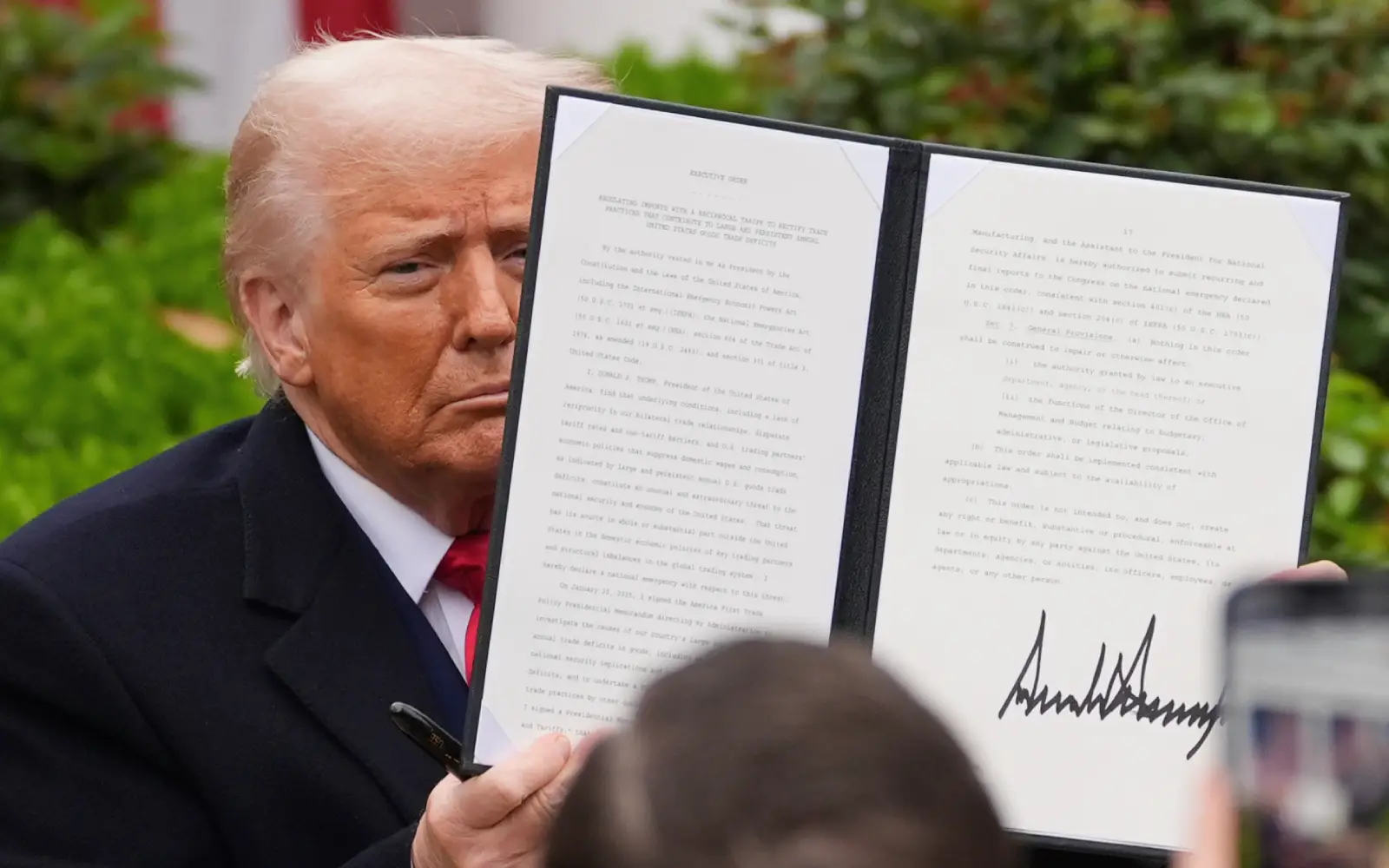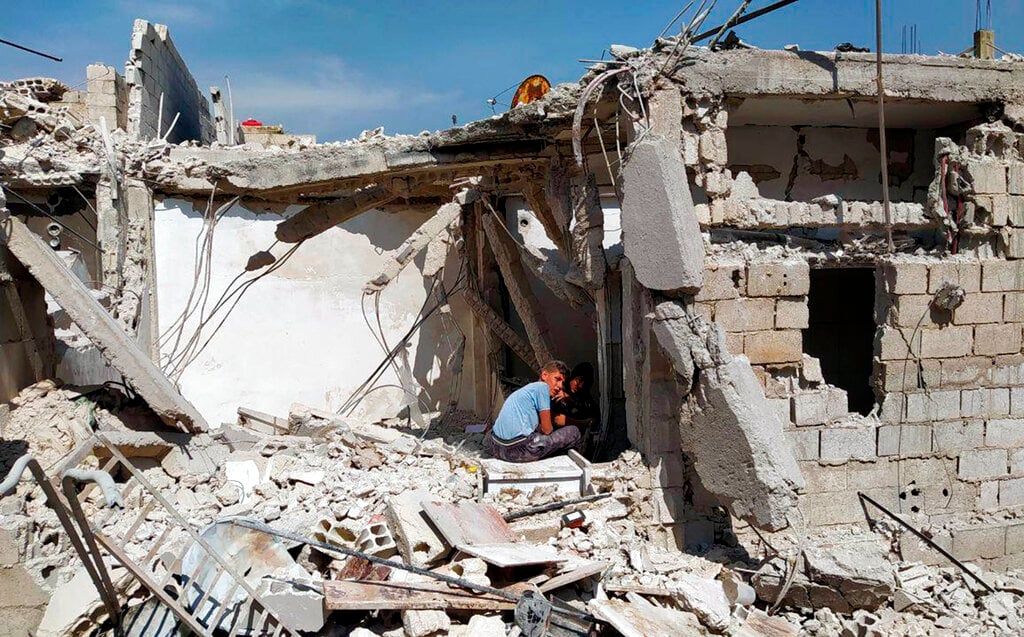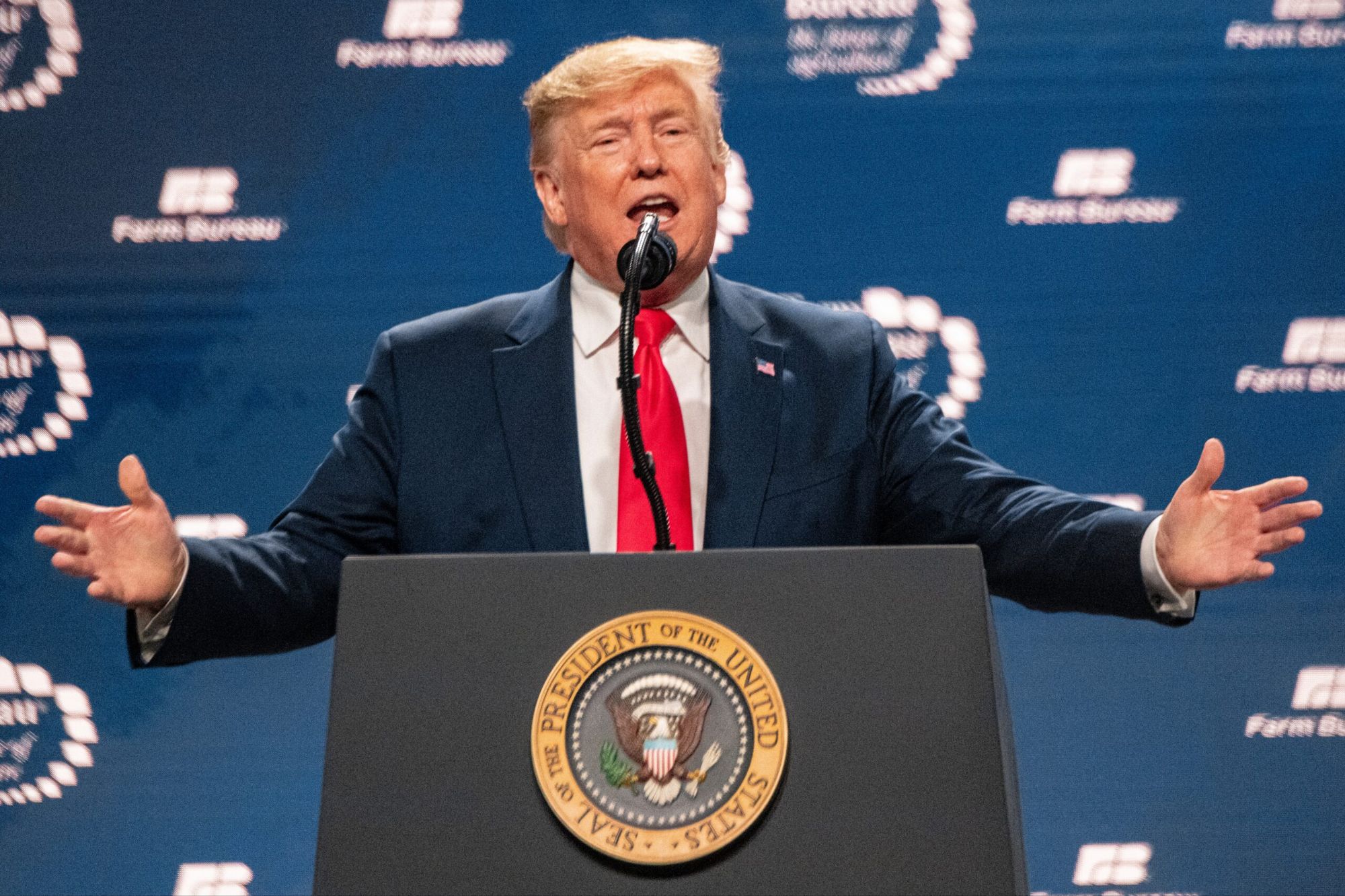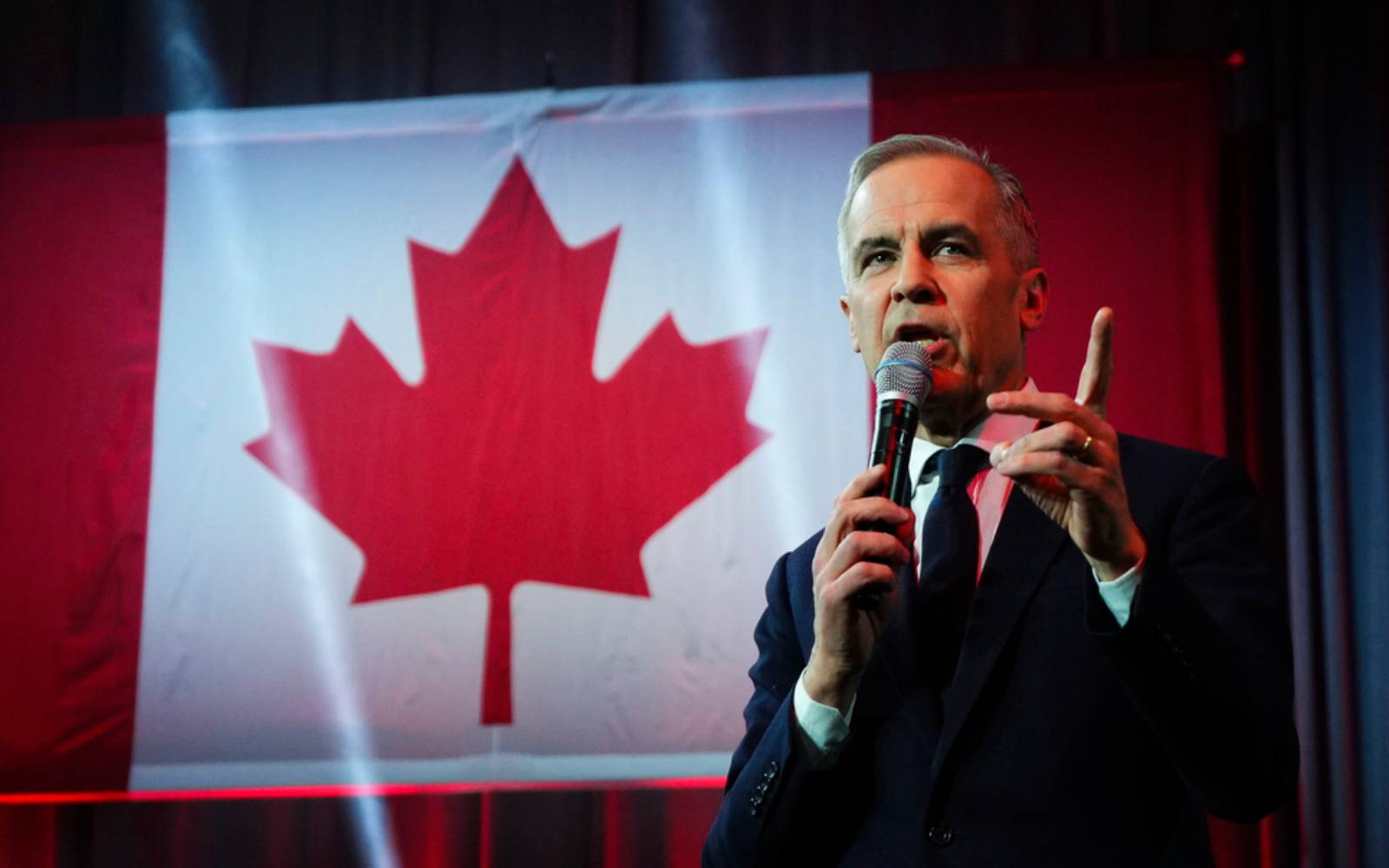Israeli Prime Minister Benjamin Netanyahu is scheduled to visit Hungary from April 2 to April 6, where he will meet with Hungarian Prime Minister Viktor Orbán. The trip comes despite an active arrest warrant issued by the International Criminal Court (ICC) over alleged war crimes committed during Israel’s war on Gaza.
Hungary is a signatory to the Rome Statute and, in principle, bound to enforce ICC warrants. But Orbán’s government has made it clear that Netanyahu will not be arrested. Orbán has called the ICC’s warrant “brazen and cynical,” and has openly criticized what he describes as politically motivated charges. This rejection positions Hungary as one of the only EU nations willing to openly defy the ICC in defense of Israel.
The charges against Netanyahu and former Israeli Defense Minister Yoav Gallant stem from the Gaza campaign, during which more than 50,000 Palestinians have so far been killed, including thousands of children. The ICC has accused both men of war crimes and crimes against humanity, including the use of starvation as a weapon of war and the targeting of civilian infrastructure.
This will be Netanyahu’s second known trip abroad since the ICC issued its warrant in November 2024. His first was to Washington to meet with U.S. President Donald Trump, who has also dismissed the ICC’s legitimacy and signaled that the U.S. would not cooperate with the court.
Critics say Netanyahu’s travel to Hungary is not just a diplomatic visit, but a test of international law. If Hungary refuses to enforce the arrest, it will mark a major precedent: a sitting EU member state publicly shielding a wanted man from international prosecution.
Human rights groups have condemned the visit. Amnesty International released a statement calling on Hungary to “fulfill its legal obligations under the Rome Statute.” Others warn that noncompliance will erode the credibility of the ICC and send a message to other authoritarian-aligned governments that international justice is optional.
As of now, Hungary has made no moves to reverse course. Netanyahu’s arrival will place the ICC’s authority—and Europe’s resolve—under the spotlight.


